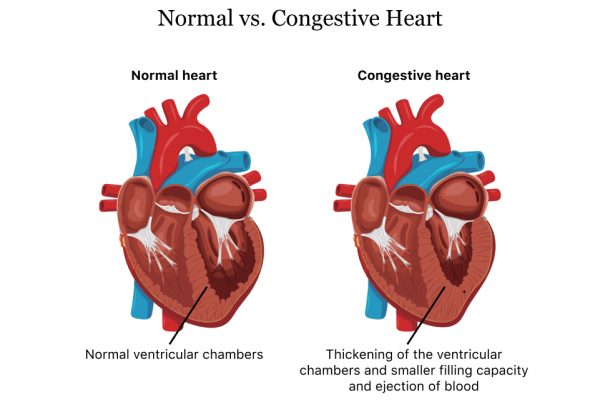The federal government allows taxpayers to deduct certain medical expenses on their tax returns. Qualifying medical expenses must prevent or alleviate a mental or physical defect or illness. This means you can’t deduct expenses related to general health, like vitamins or vacations. You may, however, be able to deduct the following medical expenses on your upcoming year’s tax return.
- Medical Care from Qualifying Practitioners
You already know your insurance covers certain medical visits but paying out-of-pocket for these doctors may qualify for a deduction on your tax return. If you see any of the following physicians, you may be able to claim the cost of their care on your next tax return:
- Chiropractor
- Acupuncturist
- Eye doctors
- Dentists
- Medical doctors
- Occupational and physical therapists
- Osteopathic doctors
- Psychiatrists
- Podiatrists
- Psychologists
Note: use a tax return calculator to estimate the amount you stand to receive if you itemize your medical expenses versus if you take the standard deduction.
Keep in mind that if you’re seeing a doctor for cosmetic reasons not related to a congenital abnormality, disease, or injury, you cannot deduct the cost as a medical expense from your taxes.
- Transportation Costs for Medical Care
If you drive yourself to your medical care appointments, you can deduct mileage to and from said appointments. For the 2022 tax season, the mileage rate for the transportation cost deduction for medical care is $.18 per mile, which is up 2 cents from 2021.
- Prescription Medications
Whether you pay in full for your prescriptions or pay the deductible, your prescription medication costs may be deductible on your 2022 tax return. Many pharmacies have online portals that allow you to download and print an annual report of your medication costs, but if you don’t have access to it, ask your pharmacist for a copy of the report at the end of the year to complete your return.
Note: if a drug you’re taking isn’t approved by the Food and Drug Administration (FDA), you will not be able to deduct its cost on your tax return.
- Costs Related to Long-Term Care Services
If you, your spouse, or a dependent incurs and pays for any long-term care services, these costs may be deductible on your tax return. As an example, if you, your spouse, or your dependent is in a nursing home receiving medical care, then everything (including lodging and meals) is considered qualifying long-term care expenses and may be deducted from your tax return.
Having said this, if the person is in a long-term care facility for non-medical reasons, then only expenses related to medical care may be deducted, not lodging or meals.
- Long-Term Care Insurance
Some or all of your long-term care insurance premiums may be deductible as a medical expense on your 2022 tax return. The amount you can claim for this deduction depends on the age bracket the person falls into, so consult your tax booklet or a reputable tax agent for more details.
- Medicare Insurance Premiums
If you, your spouse, or a dependent is on Medicare, you may be able to deduct the premium costs as a medical expense. This may include Medicare Part A (typically free for people covered by social security), Medicare Part B supplemental insurance, Medicare Part D, and Medicare supplemental insurance. Unfortunately, if you have insurance through your employer, you cannot deduct the cost of pre-tax premium contributions.
The federal government allows for the deduction of many types of medical expenses you must pay for yourself. The list above is not all-inclusive, so ask your tax preparer for a detailed list of qualifying medical expenses.





